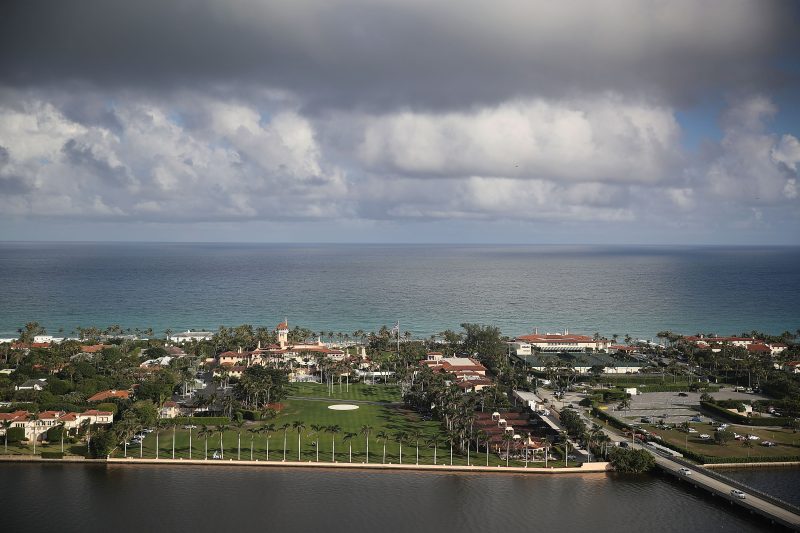Donald Trump, the 45th President of the United States, has made various statements and taken actions regarding environmental issues during his time in office. One particular area of concern is his understanding of how the ocean works. As a businessman and politician, Trump’s view on environmental matters has faced scrutiny and debate. However, it is essential to delve deeper into his policies and statements to understand his perspective on the ocean’s functions.
Throughout his presidency, Trump has implemented policies that have raised concerns about their impact on the marine environment. For instance, his decision to withdraw from the Paris Agreement sent shockwaves through the international community. The agreement aimed to mitigate global warming and its effects on the oceans, such as sea level rise and ocean acidification. Critics argued that Trump’s move demonstrated a lack of understanding of the interconnectedness between climate change and ocean health.
Moreover, Trump’s administration rolled back several environmental protections during his tenure, including regulations on offshore drilling and marine sanctuaries. These actions, paired with his support for expanding offshore oil and gas exploration, have led to concerns about the potential negative impacts on marine ecosystems. The ocean plays a crucial role in regulating the Earth’s climate system, and any disruptions can have far-reaching consequences.
Additionally, Trump’s skepticism towards climate change science has further fueled debates about his understanding of environmental issues. The ocean acts as a vital carbon sink, absorbing carbon dioxide from the atmosphere. However, increasing CO2 levels in the ocean lead to ocean acidification, threatening marine life and coral reefs. Trump’s dismissive attitude towards climate science raises questions about his grasp of the ocean’s dynamics and the urgency of addressing environmental challenges.
On a positive note, Trump did sign the Save Our Seas Act into law, which aimed to address marine debris and plastic pollution in the ocean. The bipartisan legislation emphasized the importance of preserving marine ecosystems and cleaning up ocean debris. Despite this action, critics argue that more comprehensive efforts are needed to combat the broader challenges facing the ocean, such as climate change and overfishing.
In conclusion, Donald Trump’s understanding of how the ocean works has been a subject of debate and scrutiny during his presidency. His policies and actions regarding environmental issues, including climate change, offshore drilling, and marine conservation, have raised concerns about their implications for ocean health. As a global leader, it is crucial for policymakers to prioritize the protection and preservation of the ocean for the well-being of our planet and future generations.

